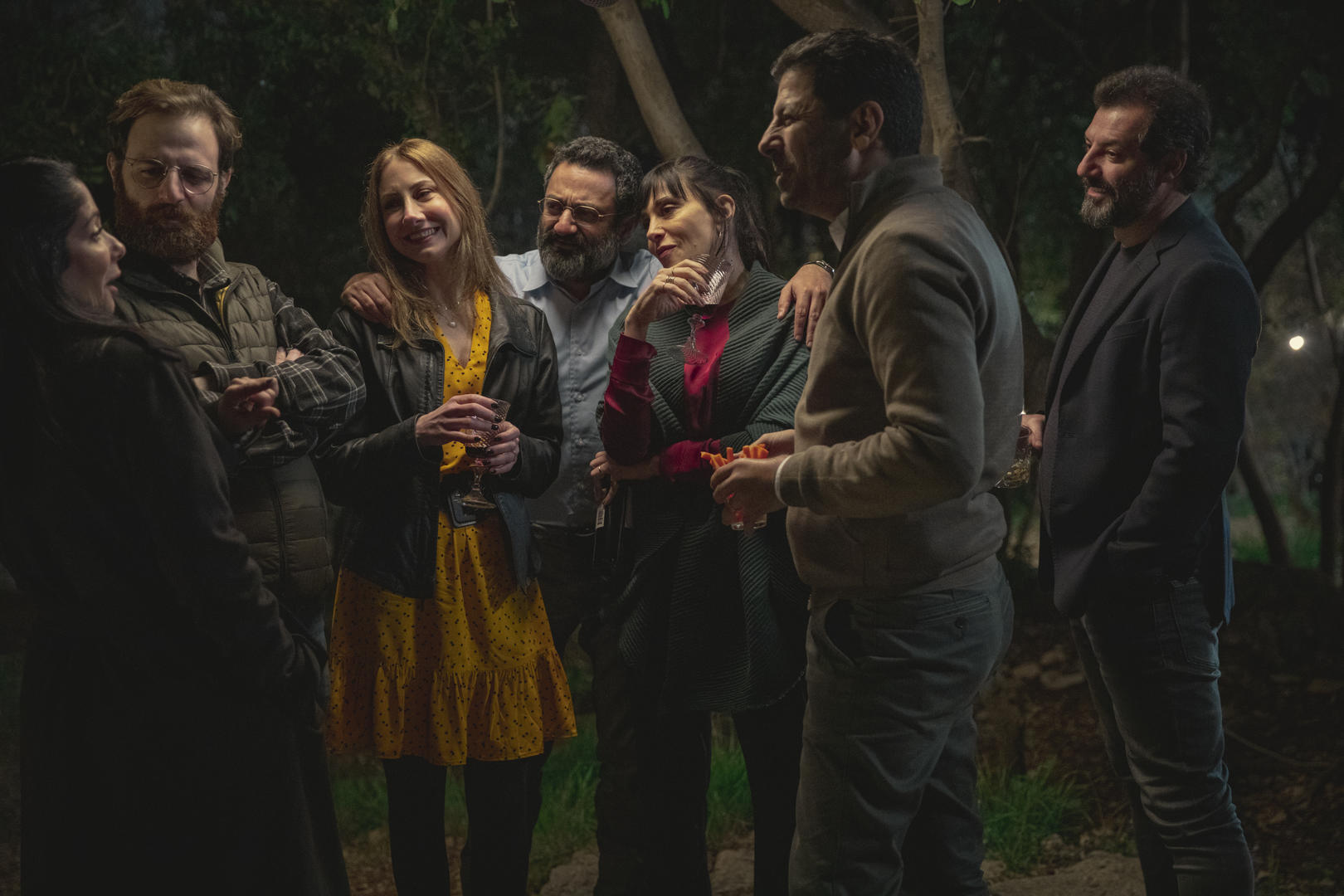
Very few things are as vulnerable as the things we keep on our phones. Fearful of all things untold, our phones, locked, are clenched into our hands. Netflix’s first-ever Arabic original film, Ashab Wala A’azz (‘Perfect Strangers’ in English), intriguingly portrays this distinctly intense modern fear while setting the stage for more representation in the Arab cinema world.
Inspired by the 2016 Italian film by Paolo Genovese of the same title, Lebanese director Wissam Smayra’s movie revolves around the story of seven close friends who get together for dinner and decide to play a game that involves them placing their phones on the table, and agreeing in to openly share all calls, texts, and voice message as they come.
Smaraya’s star-studded Pan-Arab cast all bring a masterful performance of a friend group that has presumably known each other for years, but as the night unfolds, get to know each other quite a bit more intimately.

The movie starts with hosts May and Walid (played by Nadine Labaki and Georges Khabbaz respectively), a loveless couple who navigate through teenage trouble with their daughter. The couple invites Maryam and Sherif (Mona Zaki and Eyad Nassar), who are passively worn out because of their two children, Ziad and Jana (Diamand Abou Abboud and Adel Karam), the passionately and newlywed couple, and lastly Rabih (Fouad Yammine) whose date for the party was a no-show.
The night begins with small talk, particularly revolving around Rabih’s no-show girlfriend. As the conversation diverts to how everyone closely grips their phones to them, May proposes a game where everyone places their phones face-up in the middle of the table, and whatever messages are received, they have to be heard and read aloud to all those who are present. May is met with some defensiveness and hesitation particularly from Sherif, but they all fearfully agree and the game begins.
The evening proceeds on the night of a rare occurrence of a lunar eclipse where troubles of all kinds ensue and buried secrets gradually unfold as the alcohol flows. Jarringly, the texts and phone calls that arrive deflate the foundations that built these relationships. The pretense of the all too well relationships is shown between not only the marriages but also between the life-long friendships as well, where hidden secrets and uncomfortable choices are brought to the surface.
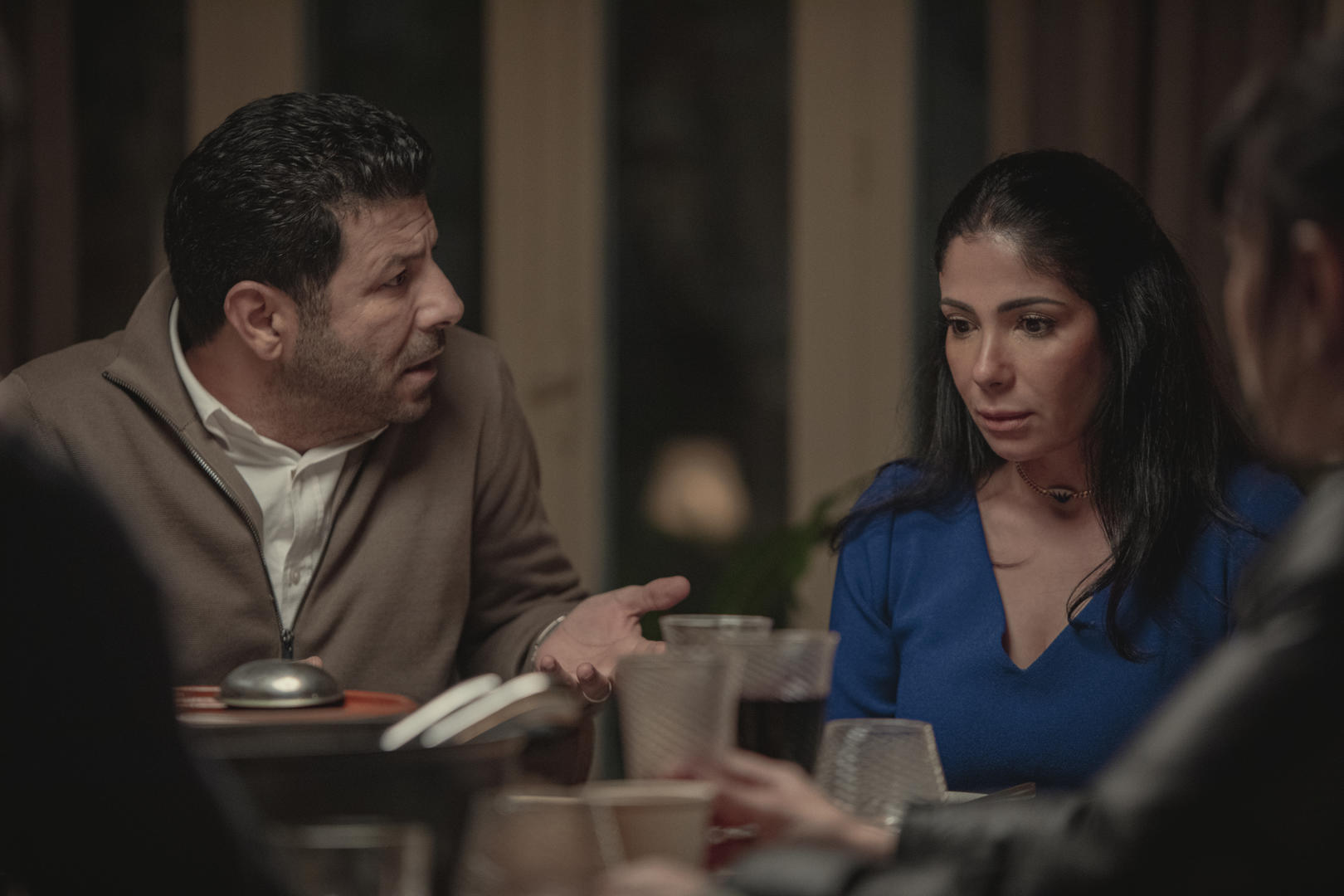
The film resembles a theatrical play, where light is shed on each character’s darkest and most vulnerable moments. Every performance is masterfully captivating and emotionally explosive. The power of the film is that although captivating, it elucidates a fear everyone has, being noticeably exposed. The viewers, then, beg an important question in their internal dialogue, questioning how they would feel had they been sitting on this truth unlocking table. It is only then that the audience is forced to evaluate the wedded relationship they have with their phones. After the dramatic outburst of each character, the final scene of the film leaves the audience with a puzzling twist – one that will leave them concluding their own desired endings.
One of the most important elements of the film is its chamber drama element, where a small number of characters interact with each other in a limited environment, thus evoking intimacy and closeness. The film is well-balanced, between a thrillingly realistic dialogue that is met with comic relief to ease the overflowing tension. The melancholic music parallelly cues the weight of the events that are to unfold throughout the film.
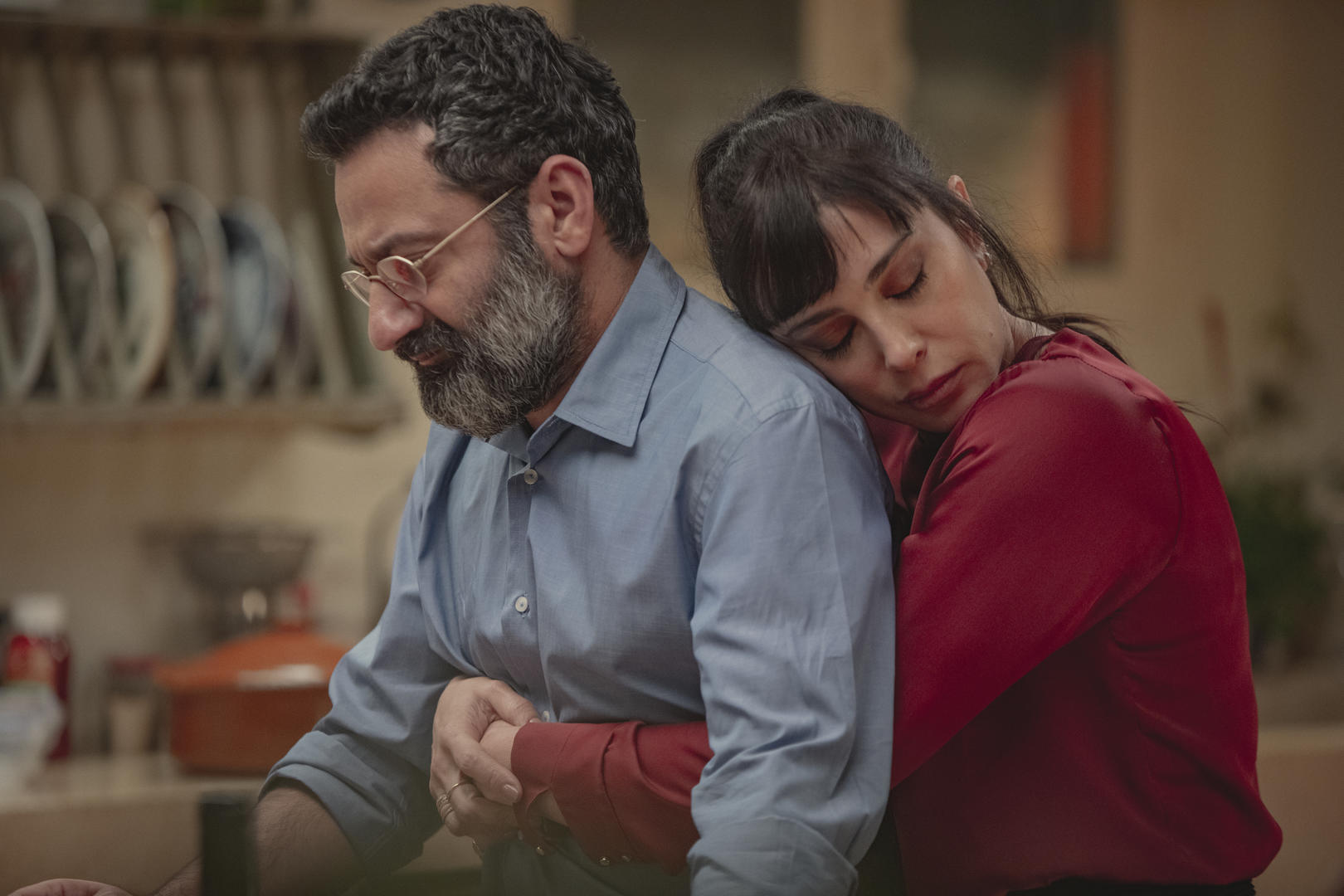
Note: Spoiler alert ahead! The following paragraph discusses important key points of the movie.
It is important to note that the film strides towards inclusivity and equal representation for the marginalized communities in the Middle East and North African region. Queer representations in the Arab filmmaking scene often exist in coded forms; however, Ashab Wala A’azz visibly portrays the diversity that exists in its raw portrayal of the struggles present in the Arab world. Rabih, like many Queers in the Arab region, puts on a false heteronormative identity in front of his friends and family out of fear of being outed. Much like the secrets that unfolded throughout the night, Rabih’s ‘taboo’ relationship was brought to the surface. The plot twist of his character coincides with the overarching theme of the film, as he was imprisoned in an identity that was foreign to him but familiar to all his supposedly close friends, which goes to show the weight of keeping secrets.
The universal connection of the story’s message has led it to have several foreign remakes of the Italian original, including Spanish, Greek, French, Korean, Mexican, Turkish, Chinese, Indian, Japanese, and many more. It is worth noting, however, that Ashab Wala A’azz oddly omits the change of audio and subtitling into any English language. The film will likely not have a wide international reach to the many different speaking languages given it is limited to Arabic (with no other subtitle options other than Greek). This feels like an unusual oversight given this is the first Arabic original film to be released on Netflix.
However, all the elements entwined together make Ashab Wala A’azz a successful debut that will certainly make us wait for more Arabic originals by the global streaming giant.

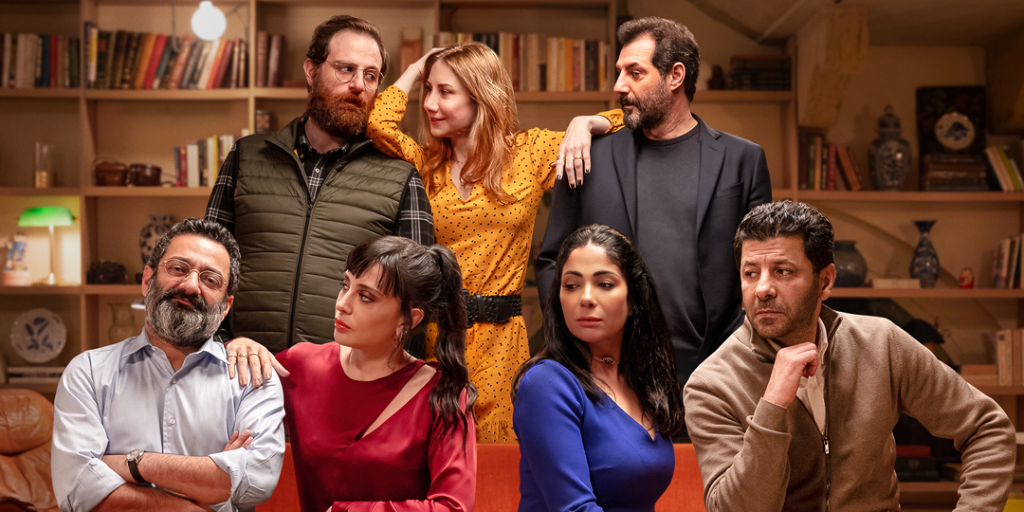



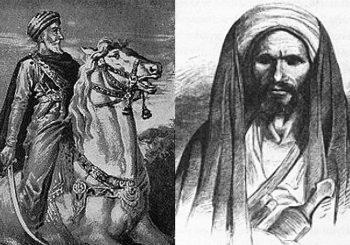
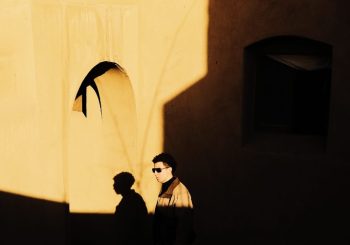
Comments (10)
[…] erupted on social media following the release of Netflix’s first Arabic original film ‘Ashab wala A’azz’ (‘Perfect Strangers’ in English). The movie, starring Egyptian superstar Mona […]
[…] غرباء مثاليون: أول فيلم عربي أصلي جريء من Netflix يمهد الطر… […]